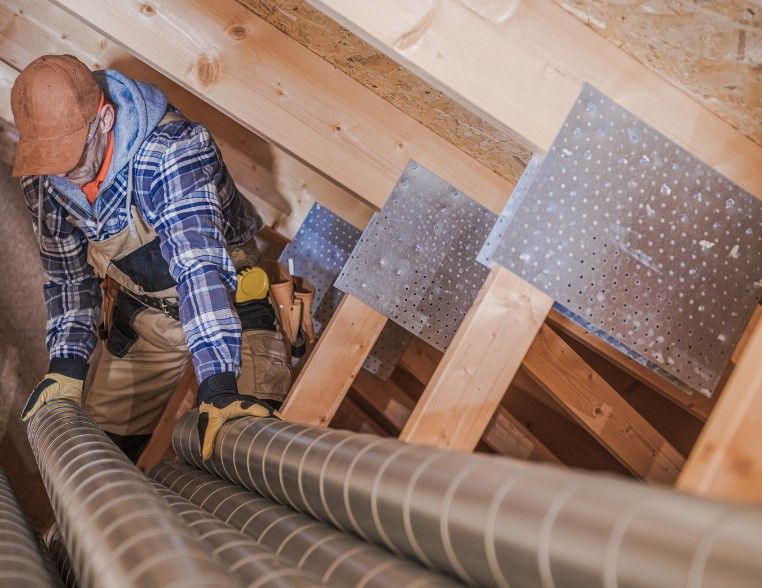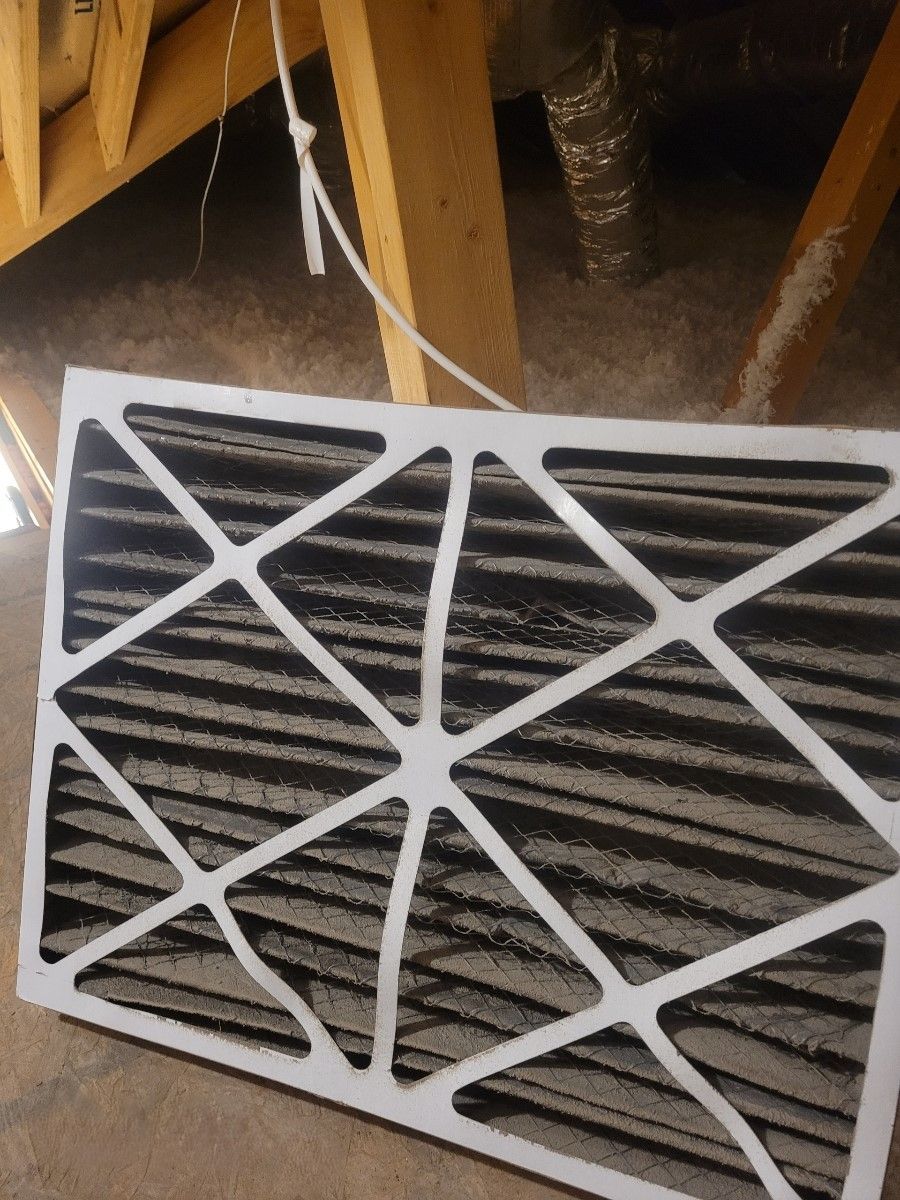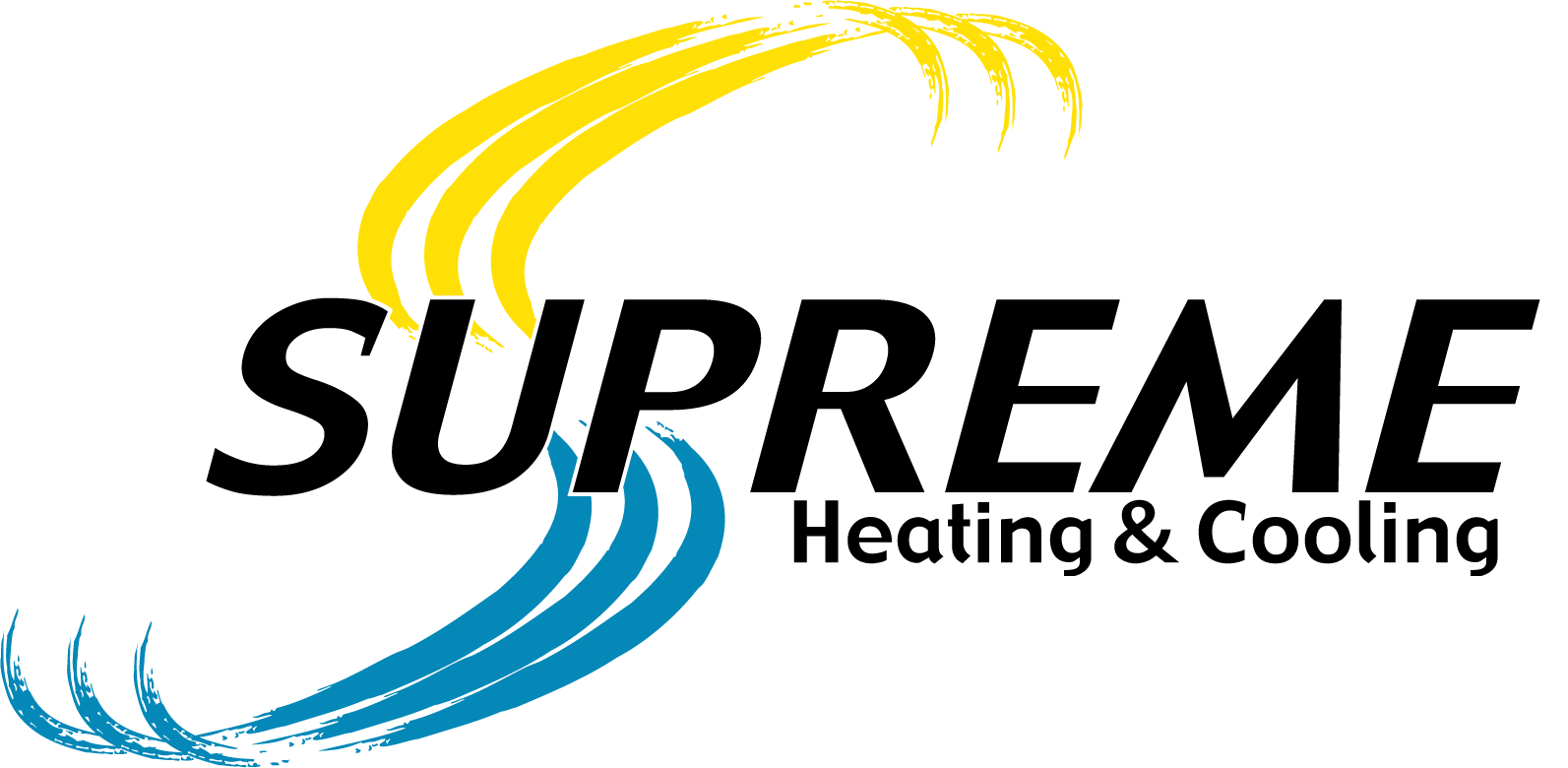Maximizing Energy Efficiency in Your Home: Tips for Lowering Utility Bills with Your HVAC System
Your HVAC (Heating, Ventilation, and Air Conditioning) system plays a crucial role in maintaining comfort throughout the year, but it can also significantly impact your energy bills. Maximizing energy efficiency not only reduces your utility costs but also extends the lifespan of your HVAC equipment. Here are some practical tips to help you lower your energy bills by optimizing the efficiency of your HVAC system.
Schedule Regular HVAC Maintenance
Regular maintenance is essential for keeping your HVAC system running efficiently. Schedule annual inspections with a professional HVAC technician to ensure that your system is clean, calibrated, and operating at peak performance. During these inspections, the technician will check for leaks, clean components, and make any necessary adjustments to improve efficiency and prevent potential breakdowns.
Change Air Filters Regularly
Clogged or dirty air filters restrict airflow and force your HVAC system to work harder, consuming more energy. Check your air filters monthly and replace them as needed, typically every 1-3 months depending on your system and household conditions. This simple maintenance task not only improves efficiency but also helps maintain indoor air quality.
Use a Programmable or Smart Thermostat
A programmable thermostat allows you to set specific temperature schedules based on your daily routine. By automatically adjusting temperatures when you're asleep or away from home, you can reduce energy consumption without sacrificing comfort. Smart thermostats take this a step further by learning your habits and preferences, optimizing settings for maximum efficiency and savings.
Seal and Insulate Ductwork
Leaky ductwork can lead to significant energy loss by allowing conditioned air to escape into unconditioned spaces like attics or crawl spaces. Seal duct joints with mastic sealant or metal-backed tape and insulate ducts in unconditioned areas to minimize heat transfer. Properly sealed and insulated ductwork ensures that the air reaches its intended destination efficiently, reducing the workload on your HVAC system.
Ensure Proper Airflow
Obstructed vents and registers can restrict airflow and reduce HVAC efficiency. Keep furniture, curtains, and other obstructions away from vents to allow for optimal airflow throughout your home. Additionally, consider having your HVAC technician inspect and adjust airflow settings to ensure balanced distribution of heated or cooled air.
Upgrade to Energy-Efficient Equipment
If your HVAC system is outdated or inefficient, upgrading to energy-efficient equipment can lead to significant energy savings over time. Look for HVAC systems with high Seasonal Energy Efficiency Ratio (SEER) ratings for air conditioners or Annual Fuel Utilization Efficiency (AFUE) ratings for furnaces. While the initial investment may be higher, energy-efficient equipment pays for itself through lower utility bills and reduced maintenance costs.
Consider Zoning Systems
Zoning systems divide your home into separate areas or zones, each with its own thermostat and temperature control. This allows you to heat or cool specific areas of your home based on occupancy and comfort needs, rather than conditioning the entire home at once. Zoning systems can improve energy efficiency by reducing unnecessary heating or cooling in unoccupied areas.
Utilize Natural Ventilation and Shade
Take advantage of natural ventilation and shade to reduce the need for mechanical cooling. Open windows and use ceiling fans to improve airflow and create a cross-breeze on mild days. Close blinds or curtains during hot periods to block out direct sunlight and reduce solar heat gain, easing the workload on your air conditioner.
Educate Household Members about Energy Efficiency
Promote energy-efficient habits among household members to maximize savings. Encourage turning off lights and electronics when not in use, using appliances during off-peak hours, and maintaining moderate thermostat settings to conserve energy. Small adjustments in behavior can complement HVAC efficiency measures and lead to significant reductions in energy consumption.
Monitor and Optimize Energy Usage
Monitor your energy usage and utility bills regularly to track patterns and identify opportunities for improvement. Many utility companies offer energy usage reports and incentives for energy-efficient upgrades. Use this information to make informed decisions about energy-saving investments and adjust settings accordingly to maximize efficiency and savings.
Maximizing energy efficiency in your home's HVAC system not only lowers your utility bills but also contributes to environmental sustainability. By implementing these tips and investing in regular maintenance and energy-saving technologies, you can achieve long-term savings while enjoying optimal comfort year-round. For professional advice and services to enhance your HVAC system's efficiency, trust the experts at Supreme Heating and Cooling to help you achieve your energy-saving goals. Your home deserves the best in comfort and efficiency, and we're here to make that happen.
You might also like


Book a Service Today
We will get back to you as soon as possible
Please try again later
Quick & Reliable
We are available 24/7 via text, email or telephone
Location
777 N. Grove Rd Suite 117
Richardson TX 75081
contact@supreme-ac.com
Call
(972) 530-4231
All Rights Reserved | Supreme Heating and Cooling, Inc. | TACLA36129A

